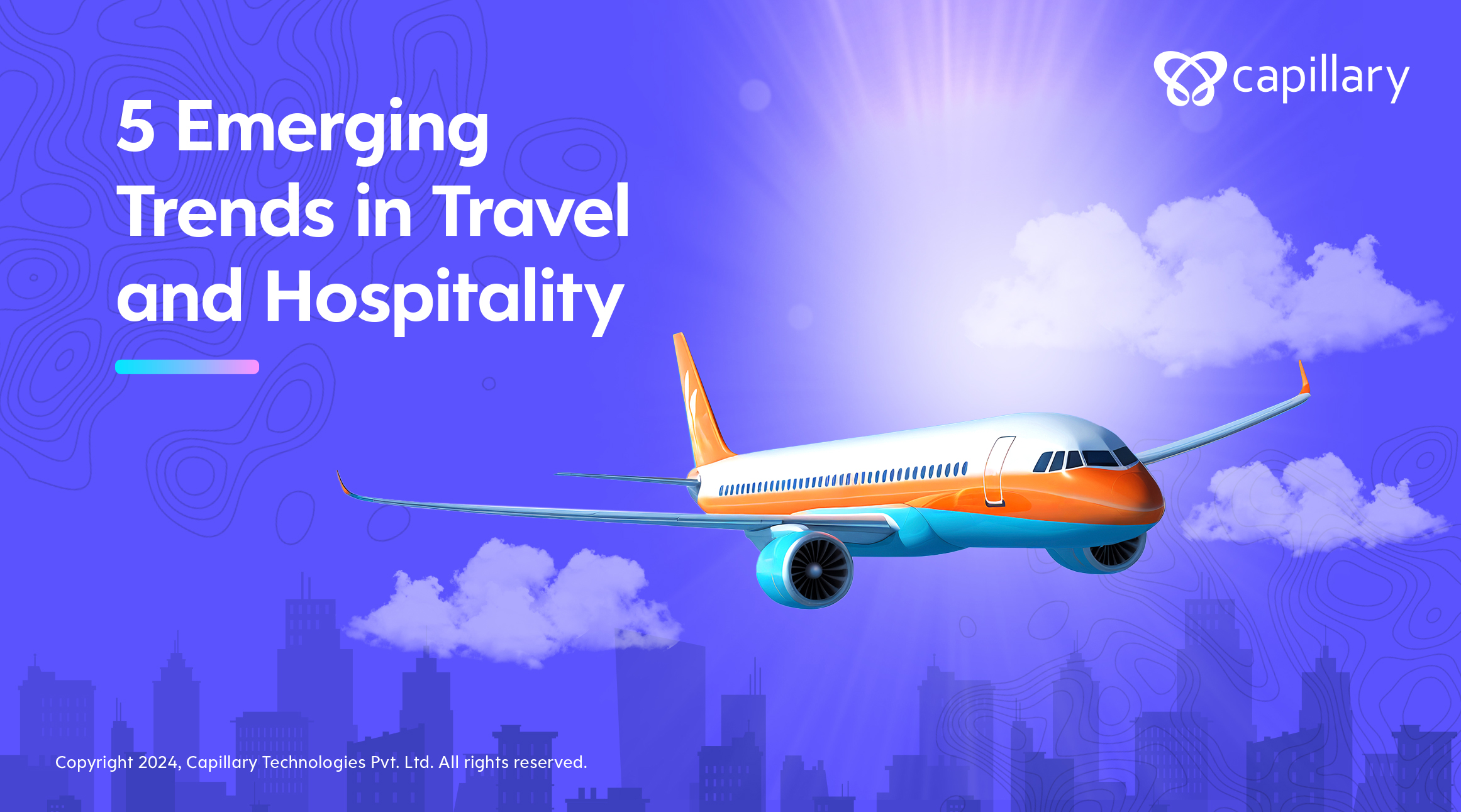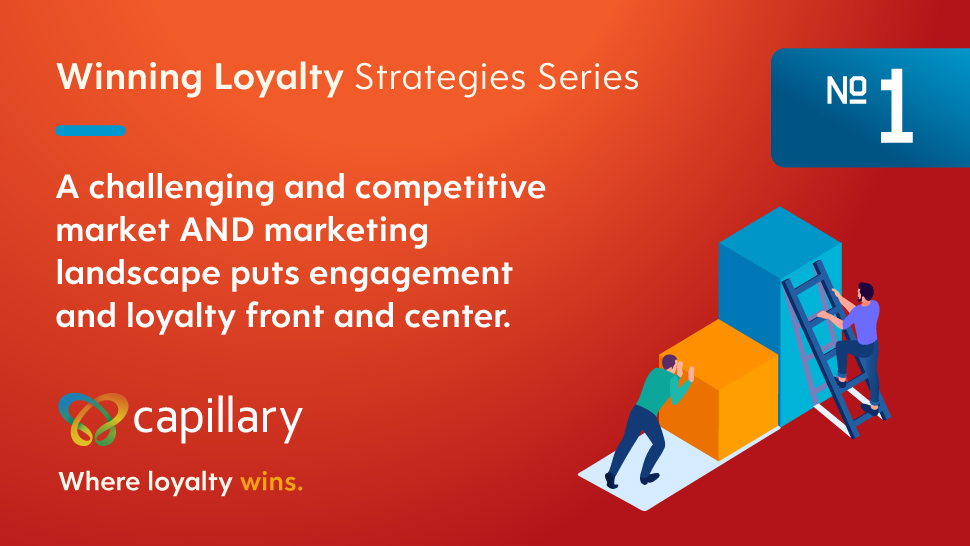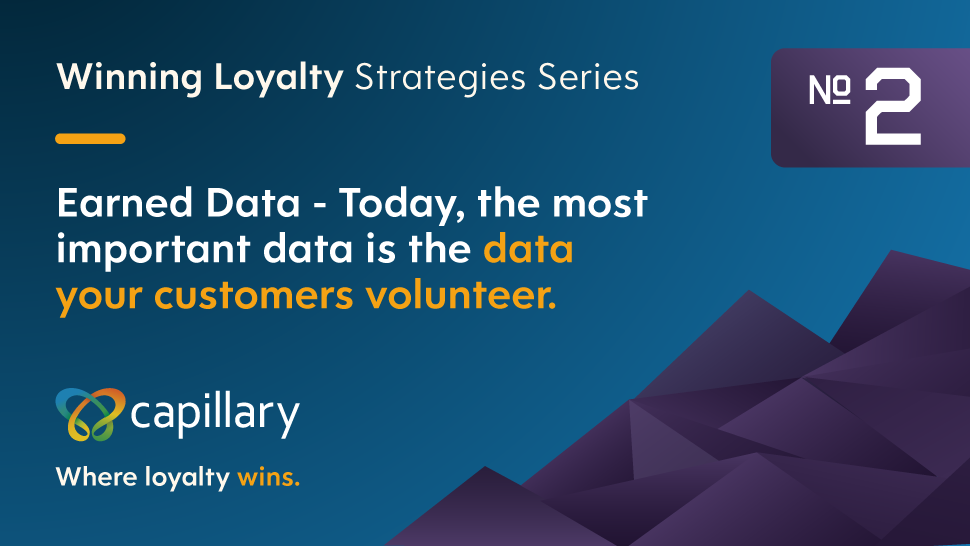- Design industry shaping loyalty programs
- Integrate easily and go live quicker
- Deliver hyper-personalized consumer experiences
Blue Rewards from Al Futtaim Group Shares Loyalty Success Stories and Evolution. Watch Podcast >
Capillary Announces 2nd Annual Captivate 2025 Summit: Transforming Loyalty Management with New AI Tech Read more >

Loyalty managers are now tasked to produce tailor-made offerings that align with emerging opportunities, underscoring the importance of customer trends. In the coming sections, we’ll explore a few key travel and hospitality trends you can leverage to foolproof your loyalty efforts for 2025.
Revenge travel was one of the key driving forces behind the industry’s upward trajectory for 2 years. Fast forward to 2024, it is seeing signs of fading as it loses its steam.
Initially driven by the desire to escape the shackles of prolonged lockdowns and travel restrictions, revenge travel seemed like an opportune outlet for travelers seeking freedom and escape. By 2023, the momentum had dwindled, with just 11% of travelers making trips to compensate for missed opportunities during the pandemic.
The United States has also seen a shift from the once exciting ‘revenge travel’ to curbing one’s irresistible urge for spontaneous exploration due to budget constraints attributed to current global economic challenges.
This shift mainstreams ‘meaningful experiences’ rather than merely compensating for lost time. Data from 2023 suggests a rise in travelers looking to visit attractions during their trips, up from 36% in 2022 to 43%, signaling a change in how people plan and prioritize travel activities.
With travelers’ intent changing like seasons, enterprises need to cater to evolving preferences that favor depth, authenticity, and a recalibrated sense of adventure.
A recent report from Skift shows that 42% of GenZ and Millennial respondents want to use points to cover the entire stay and 39% to pay part of the stay. With consumers wanting to have flexibility with their earn and burn interactions, brands are looking to implement a wide range of offerings to nurture this trend. One such strategy is expanding redemption offerings.
This trend can be seen in action with the Marriott Bonvoy and Uber Eats partnership, offering more flexibility and enhanced customer engagement. This approach allows customers to use loyalty points for daily services like food delivery, appealing to GenZs and Millennials who value convenience and experiences over traditional rewards.
By integrating the offerings into everyday life, they are on top of the minds of the consumers driving both direct bookings and partner spending. By broadening redemption options, Marriott encourages more frequent program engagement and attracts new customers. One can align with shifting consumer values and sustain long-term loyalty program success by fueling the consumers’ desire for flexible rewards.
The last decade has shown the grasp of Artificial Intelligence on customer enablement and retention strategies. If your brand is slacking on tech integrations, you are already losing the race even before it started.
Amadeus, a global IT services enterprise recently conducted a comprehensive survey involving 1,253 technology decision-makers from the travel industry across 10 countries, delving into their plans and motivations for technology investments heading into 2024 and the future.
The results
Amadeus partnered with Microsoft’s Azure OpenAI Service to develop a new chatbot called Amadeus Advisor. This solution will simplify data analysis for hoteliers by facilitating them to query complex data easily and receive insights, speeding up decision-making processes.
The chatbot will enable even non-technical staff to access valuable business intelligence with the chatbot to acquire data like average daily rates or revenue information and apply it across various hotel operations. Such initiatives are the first of many trends one can expect to drive innovation across the travel industry.
Hyper-personalization has evolved from a competitive differentiator to an essential standard. A Deloitte report noted that 68% of luxury travel advisors indicate their clients are opting for longer vacations at secluded spots like private islands and luxury villas, and are spending more on personalized services.
As a hotelier, you shouldn’t be confined just to the idea of aligning your offerings with the general behaviors, purchasing habits, interests, and nuanced preferences of each guest but also constantly enhance them to stay ahead. As your competitors also leverage hyper-personalization, the need to periodically revamp your tactics becomes ever more critical. For striving hoteliers such as yourself, this means going beyond traditional loyalty strategies.
The emergence of new micro-segments within the market demands a fresh look at what makes your guests tick, bringing a shift from personalized to ‘once-in-a-lifetime experiences.’ This can be harnessed through the power of AI which can place a wealth of customer data at your fingertips. By leveraging zero-party and first-party data, you can build detailed customer profiles and anticipate future trends, ensuring that every aspect of your guest’s journey, from booking to post-stay is seamlessly integrated across all interactions.
By integrating advanced analytics and machine learning, you can further refine your service recommendations and overall guest experience, ensuring every interaction is anticipatory and cohesive. This proactive approach to hyper-personalization will not only set your brand apart but also align with the growing demands of travelers seeking out personalized and memorable experiences.
Major hotel chains are scaling globally through strategic franchising and management, aiming to tap into key geographical markets. However, most brands still rely on static and outdated loyalty strategies that fail to meet modern consumer expectations.
Traditional customer retention strategies are losing effectiveness, necessitating enterprises to find innovative approaches to drive loyalty. Despite challenges in mature regions like the US, Australia, and Japan, the loyalty management market is projected to reach over $24 billion by 2029.
The future of hotel loyalty lies in strategic coalition and ecosystem-centric programs, offering integrated experiences across multiple enterprises. Unlike the coalition loyalty model where one program umbrellas multiple businesses, in loyalty ecosystems, one brand can grow to cover a wide range of brands, for instance, an airline brand could encompass car rentals or insurance services.
Brands are exploring offerings complementary to theirs, thereby building their own ecosystem. Such ecosystems are a powerful driving force when delivering value, exceeding customer expectations.
For instance, Alaska Airlines customers benefit significantly from the Bilt Rewards program for their rent payments. This unique partnership eliminates extra fees typically associated with credit card rent payments. Also, Bilt Rewards members can transfer their points directly into Alaska Airlines’ Mileage Plan miles, enhancing the value of their spending without an annual card fee. This arrangement offers a practical way for renters to accrue travel rewards, which Alaska Airlines highlights as an expansion of their industry leading loyalty offerings, according to Brett Catlin, vice president of loyalty, alliances, and sales.
The above is just an instance of how a program can offer multiple attractive benefits for its valued customers across travel and lifestyle expenses.
Pleasing customers isn’t always straightforward; sometimes, minor tweaks can make a whole world of difference to your engagement efforts. Small efforts like a last-minute beach view room upgrade, or a surprise free shuttle service can significantly enhance your customer’s experience.
It’s crucial to discern the meaningful touches from the clutter of perceived enhancements. A disconnect can dilute the impact of your efforts, resulting in customer experiences that are less than optimal.
An enterprise must put efforts toward addressing even the smallest requests or issues. This could mean accommodating a last-minute room change or facilitating an early check-out for a valued guest. A prime example of this proactive approach is seen with United Airlines. They send alerts to passengers about available preferred seats and even reserve these seats up to 12 hours before departure. By integrating such thoughtful features into its service model, United Airlines ensures a memorable and seamless experience for its travelers.
As the travel and hospitality landscape evolves, it becomes clear that it is an ever-changing industry. The decline of revenge travel and the rise of personalized experiences through the strategic use of AI and data highlights a shift towards value-added interactions.
Businesses must adapt by integrating innovative loyalty strategies and enhancing operational efficiency to meet modern travelers’ demands. Elevate your loyalty approach with Capillary and align with the industry’s latest trends. Connect with our loyalty experts today and transform your customer engagement journey.

January 5, 2018 | 4 Min Read
Keeping your customers happy and transforming them into bran

August 15, 2023 | 4 Min Read
To help navigate these rapid changes, we have identified fou

August 22, 2023 | 4 Min Read
To replace the retargeting data lost to the demise of third-